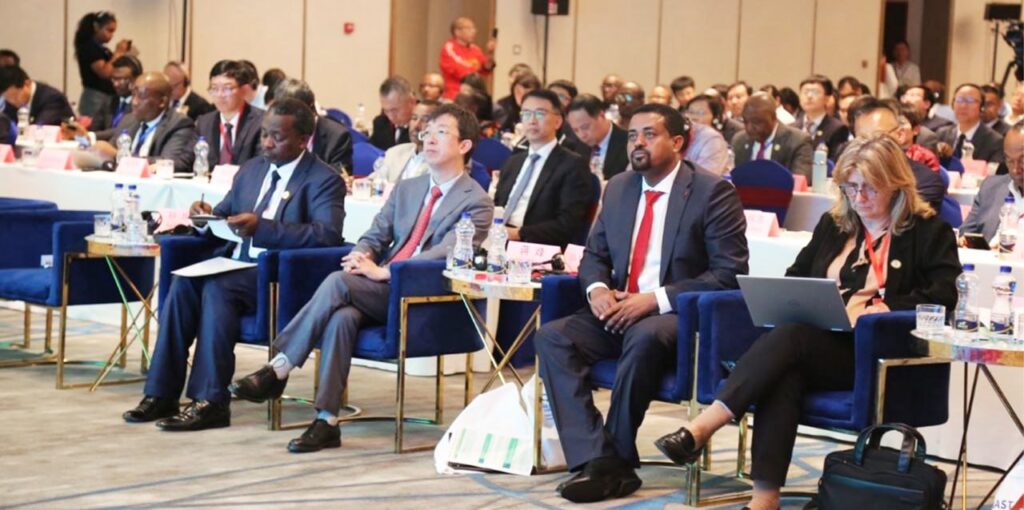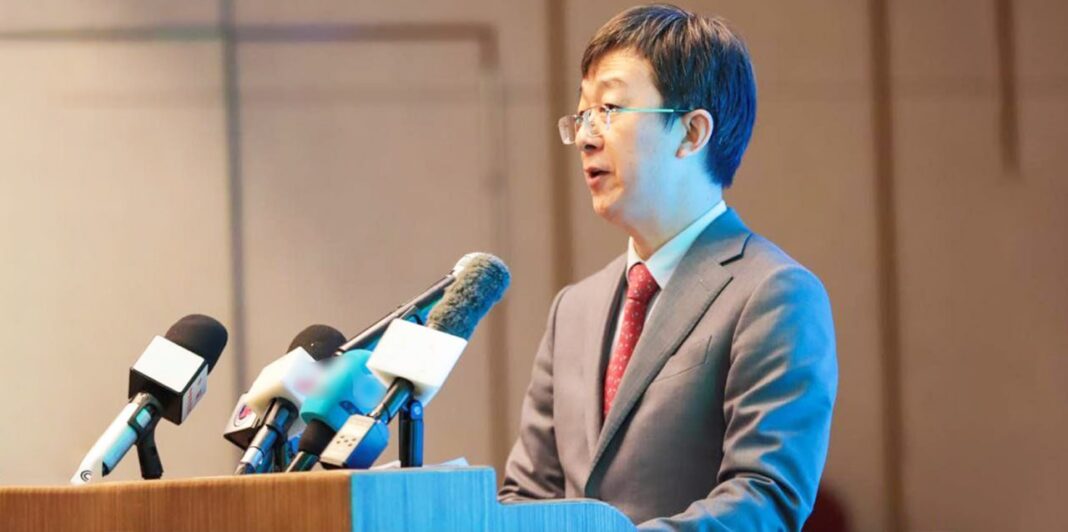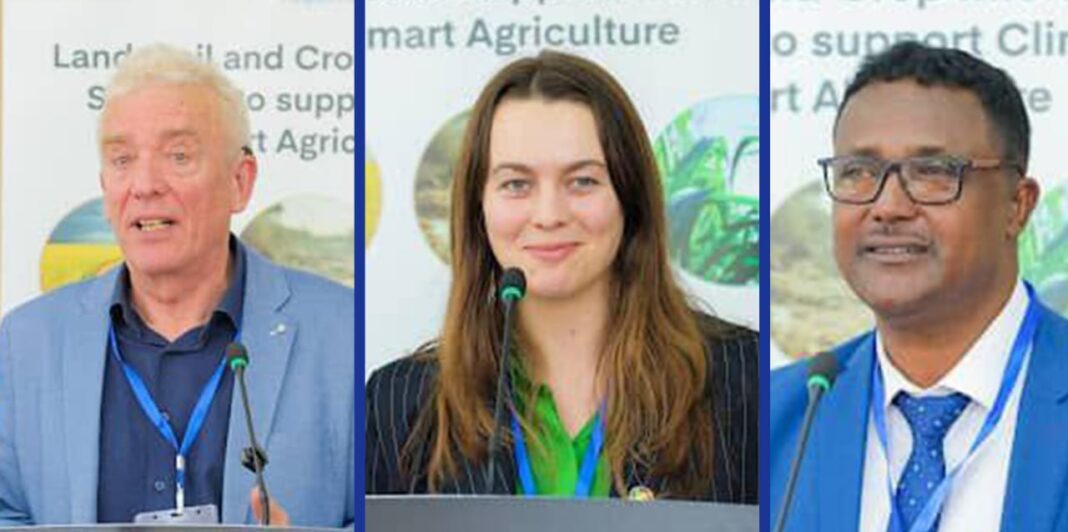At the 2025 General Assembly of the China-Africa Agricultural Science and Technology Innovation Alliance (CAASTIA), held last week in Addis Ababa, agronomists and experts from across Africa urged strengthened cooperation with China to modernize agriculture and boost food security through science, innovation, and technology.
The three-day summit brought together more than 200 agricultural scientists, policymakers, and stakeholders from Africa and China under the theme “Food Security and Agricultural Modernization for the Whole of Africa in Cooperation.” The event emphasized moving beyond traditional aid toward sustainable, capacity-building partnerships that can address Africa’s structural agricultural challenges.
Participants discussed how Africa’s agricultural potential remains largely untapped. Lise Korsten, President of the African Academy of Sciences, highlighted that although Africa holds 60% of the world’s uncultivated arable land, hunger and food insecurity persist across the continent. She stressed that pairing Africa’s natural resources with China’s proven agricultural innovations—such as high-yield practices, enhanced supply chains, and digital farming—creates a vital partnership to foster a resilient global food system.
Korsten pointed to China’s remarkable achievement of feeding nearly one-fifth of the world’s population using only 9% of the planet’s arable land as a model for African agricultural modernization.
Jiang Feng, Head of the African Union (AU) China Mission, echoed calls for cooperation shifting from traditional aid to long-term, technology-driven development with focus on capacity building. “This represents a historic shift towards collaboration that equips African scientists and farmers with the latest skills and tools to transform their agriculture,” she said.

Abebe Haile-Gabriel, Assistant Director-General for Africa at the United Nations Food and Agriculture Organization (FAO), emphasized the importance of investing in training African agricultural scientists in next-generation technologies such as robotics, precision farming, and gene editing, boosting local capacity for agricultural innovation.
The alliance unveiled a three-year action plan featuring projects targeting crop productivity, livestock health, mechanization, and climate-resilient agriculture. Key initiatives include improving rice varieties, developing early warning systems for animal disease, and promoting sustainable farming practices. Ethiopia secured four sub-projects under this framework, integrating Chinese expertise with local knowledge to enhance food security and rural livelihoods.
China’s recent announcement of a duty-free policy for all agricultural products imported from the 53 African countries with diplomatic ties is expected to open up vital export opportunities for African farmers and agribusinesses, fostering higher-quality production and incentivizing sustainable practices.
The conference also highlighted successful collaborations such as the China-Africa Agricultural Park in Mozambique, which employs drone-assisted rice farming, demonstrating the effective integration of modern technology in African agriculture. The 2025 Africa International Agriculture Expo in Kenya saw over 100 Chinese agribusiness producers sign investment agreements covering seeds, food processing, and smart farming technologies, exemplifying the growing economic partnership.
Overall, CAASTIA serves as a strategic platform connecting agricultural research institutions, universities, and businesses across China and Africa, supporting joint research, knowledge exchange, and innovation to drive the continent’s agricultural transformation.
The General Assembly concluded with a consensus that science, technology, and innovation cooperation with China is essential to unlocking Africa’s agricultural potential, enhancing food security, and achieving sustainable development goals.







